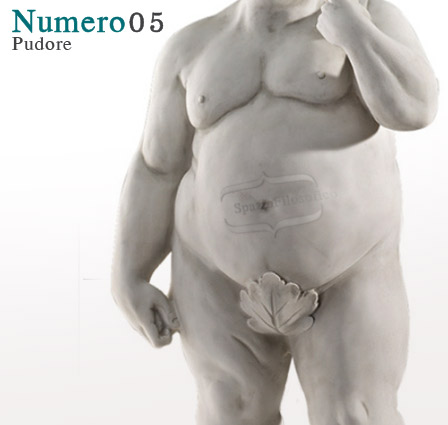Modus in Rebus. Eros, Politica e Pudore
Editoriale italiano
DOI:
https://doi.org/10.13135/2038-6788/8847Abstract
The connection between the vertiginous decline of the sense of modesty or shame and the lack of trustworthiness on the international scenario has found a symbolic expression, in Italy, in the decadent atmosphere of the most recent years.
The mode of the Italian First Republic (that is, of the political institutions up to the collapse of the traditional Italian parties in the early nineties) was hypocrisy—the very curial mode of saying one thing and doing something completely other. Immodesty and shamelessness, inaugurated already at the end of such a period and then systematically employed during the Second Republic, that is, the Berlusconi era, could appear as forms of liberation from hypocrisy. In fact, they have simply been its reversal. Hypocrisy and immodesty or shamelessness go hand in hand; great ostentation does not at all imply greater sincerity. Those who are shameless or immodest are no closer to truth that those who are hypocrites—the latter delete their traces, the former do not care to delete anything because they deny all evidence. Those one who are immodest or shameless need evidence only to deny it.
One could think that modesty and shame are only one mode. What matters is that a politician governs well. Such a scission between mode and thing is not convincing though. Modesty is not a veil that one would apply on things, a blanket thrown so as to mercifully cover things. It is rather a mode of things and amidst things: modus in rebus. This is its difference from political modes (and not from them alone), which betray things in the form of hypocrisy, seduction, and crude “realism” oblivious of reality—ultimately, in the form of violence.


